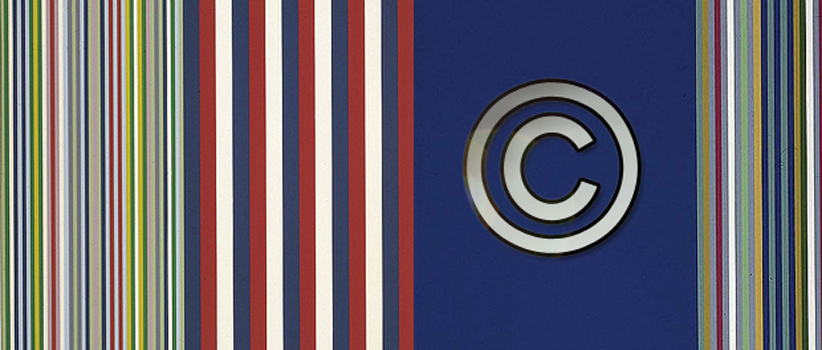
Copyright
Copying is a normal way of learning but not all forms of copying are lawful.
In most industrialised countries of the world the law provides protection against copying of literary, musical and artistic works, cinematograph films, sound recordings, broadcasts, programme-carrying signals, published editions and computer programs (amongst other types of works).
Copyright is obtained immediately when a work is created and reduced to a tangible form. As a result, in most cases there is no legal requirement to register the copyright in a particular work. However, your copyright can be made more secure and Moore Intellectual Property can advise you in that regard.
In some cases channels are provided to register copyright in a Copyright Office, but this is usually an optional course of action. For example, in South Africa the copyright in a cinematograph film can be registered and in the United States all forms of copyright can be registered. Voluntary registration of copyright is also available in Canada, China, Japan, Malaysia and the Philippines, amongst others.
Although copyright registration is not compulsory, there are certain benefits to registration. For example, in the United States the claiming of attorneys’ fees and statutory damages is dependent upon registration. We can provide further information on the possibilities for registration of copyright.
There are many reasons why it is advisable to contact a copyright attorney. In the modern era of electronic communication, works can be rapidly copied and distributed. Copying of photographs, films, television series and music on the internet is rife. It is important actively to discourage copying and to police one’s copyright.
There are several actions you can take to protect your copyright. Firstly, if you hired someone to produce the work then it is important to ensure that they sign an assignment agreement transferring the copyright in the work to you. The ownership of the copyright does not pass automatically from the author without an agreement being signed. Secondly, it is important to have all the authors sign an affidavit which will attest to the fact that the work originated from those authors. This will be useful if the validity of the copyright is ever challenged in court.
It can also be helpful to leave a copy of the work with an attorney, who can open a file for it and make a note of the date on which he or she received it. This may become useful later on to prove the existence of the work at a particular date.
Misconceptions
Incorrect assumptions are often made about who owns the copyright in certain works. For example, where photographs are concerned, the author (in South Africa) is the person responsible for the composition of the photograph (e.g. an art director rather than the photographer). As another example, it is often believed that the person instructing an agent to create an advertising campaign owns the copyright. However, this is not necessarily so. For example, the author could be the person by whom the arrangements were made for making a television commercial.
It is always advisable to obtain professional advice as to the legal identity of the author(s) and an opinion on where the copyright vests.
